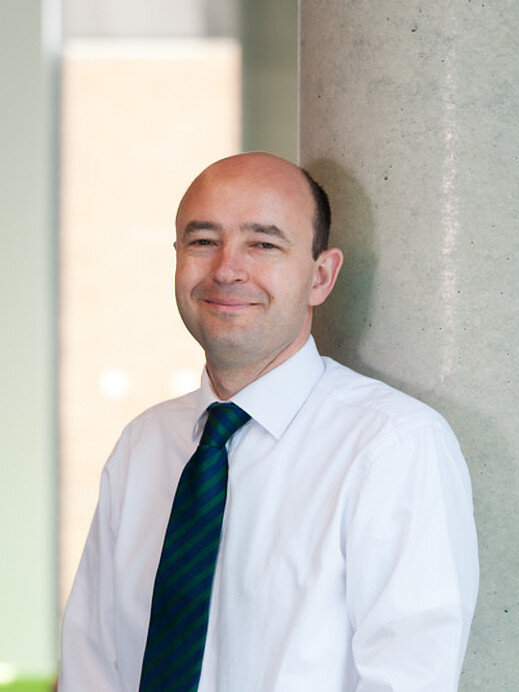
Professor
Roberto
La Ragione
Roberto graduated in 1995 and then went on to study for a post graduate degree in veterinary microbiology at the Royal Veterinary College (University of London). In 1996 he moved to the government Veterinary Laboratories Agency to undertake a PhD on the pathogenesis of E. coli in poultry. On completion of his PhD he commenced a post-doctoral position at Royal Holloway (University of London), studying E. coli virulence factors and vaccine development.
In 2005 Roberto was appointed head of pathogenesis and control at the AHVLA and in 2010 he was appointed Professor of Veterinary Microbiology and Pathology at the University of Surrey. Roberto gained the FRCPath in 2010 and in 2012 was appointed the Associate Dean for Veterinary Strategy in the new School of Veterinary Medicine at the University of Surrey. In 2014 he established the Surrey Veterinary Pathology Centre and was the Director until 2020. He is currently the Head of Pathology and Infectious Diseases and Deputy Head of the School of Veterinary Medicine at the University of Surrey. Roberto is the current Chair of the Royal College of Pathologists Veterinary Pathology Specialty Advisory Committee, Chair of the humanimal Trust, a member of the APHA science advisory board and a member of the Houghton Trust. Roberto is the past president of the Med-Vet-Net Association and the Veterinary Research Club. Roberto is an Associate member of the European College of Veterinary Microbiology (AECVM). In 2020 he was awarded Honorary Associateship of the Royal College of Veterinary Surgeons (HonAssocRCVS).
Roberto’s research has focused largely on the analysis of colonisation, shedding and transmission of E. coli, Campylobacter, Salmonella and other foodborne pathogens by all farmed animal species and he has led a number of commercial, BBSRC, EPSRC, MRC, Defra, Innovate and EU projects. Roberto has published over 150 peer reviewed publications in the area of host-microbe interaction with a particular emphasis on foodborne pathogens and endemic diseases of poultry. His current research focuses on AMR transmission and the pathogenesis of food-borne pathogens with a particular interest in the development of rapid diagnostics and intervention strategies, including vaccination and pre and probiotics for the control of bacterial pathogens in animals.
• Animal models of veterinary disease. • Vaccine delivery technologies. • Vaccine development, characterisation and testing • Systems-based in silico modeling of host, pathogen and host-pathogen interactions.